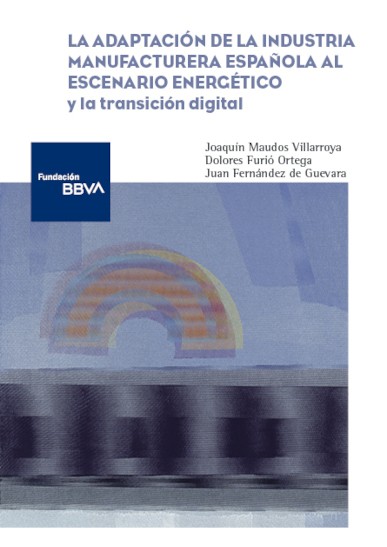
PublicationMonographs
La adaptación de la industria manufacturera española al escenario energético y la transición digital
Industry has been losing ground in favor of services throughout the past decades. Following the outbreak of the 2008 financial crisis, there came a shift in the perception of the importance of industrial policy in light of the greater resilience shown by more industrialized countries. This renewed enthusiasm for industry has only got stronger with the supply shortages registered post-pandemic and the need to achieve greater strategic autonomy.
Spain, however, is falling behind in its reindustrialization drive while its existing industry is struggling to gain competitiveness and size. To this we must add the country’s high energy intensity and dependence, making it harder to adapt to the demands of climate change and the challenges of digitalization, whose impact is crucial in explaining the fragmentation of production chains and relocation of activities.
In this context, the book attempts a diagnosis of Spain’s manufacturing industry by branch of activity focusing on the twin challenge of digital and energy transformation: the need to press on with the digital transition as a means to gain competitiveness and improve productivity, and the need to hasten the energy transition, based on the deployment of renewable energies, as a means to boost efficiency and reduce energy dependence and vulnerability.
This publication offers a meticulous analysis of the situation of manufacturing industry with a detailed sectoral breakdown, complete with statistical data at macroeconomic and firm level.
It should find interested readers not only among individual researchers, economists and experts specializing in the industrial sector but also members of the general public, government authorities and, particularly, those in charge of digital and energy policy delivery, since the results obtained may provide useful input to policy design.
